Unfortunately this event has been cancelled! Follow our newsletter or our website to see the announcement for the next SG Academy session
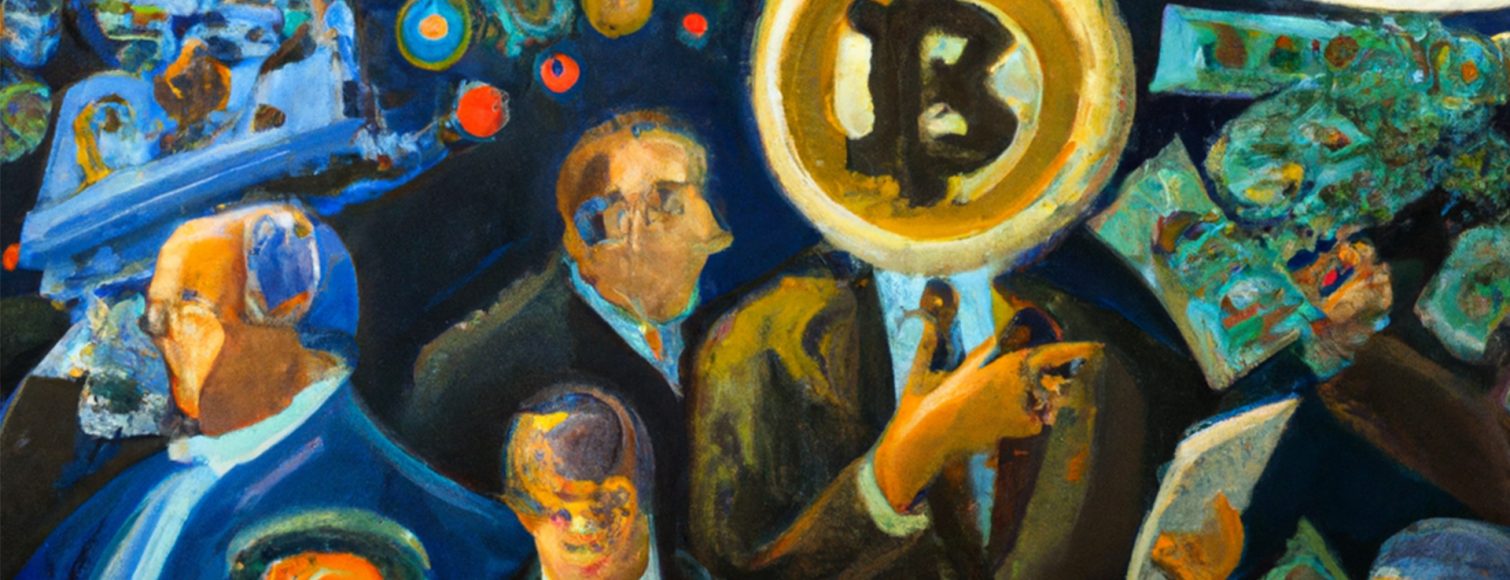

Unfortunately this event has been cancelled! Follow our newsletter or our website to see the announcement for the next SG Academy session
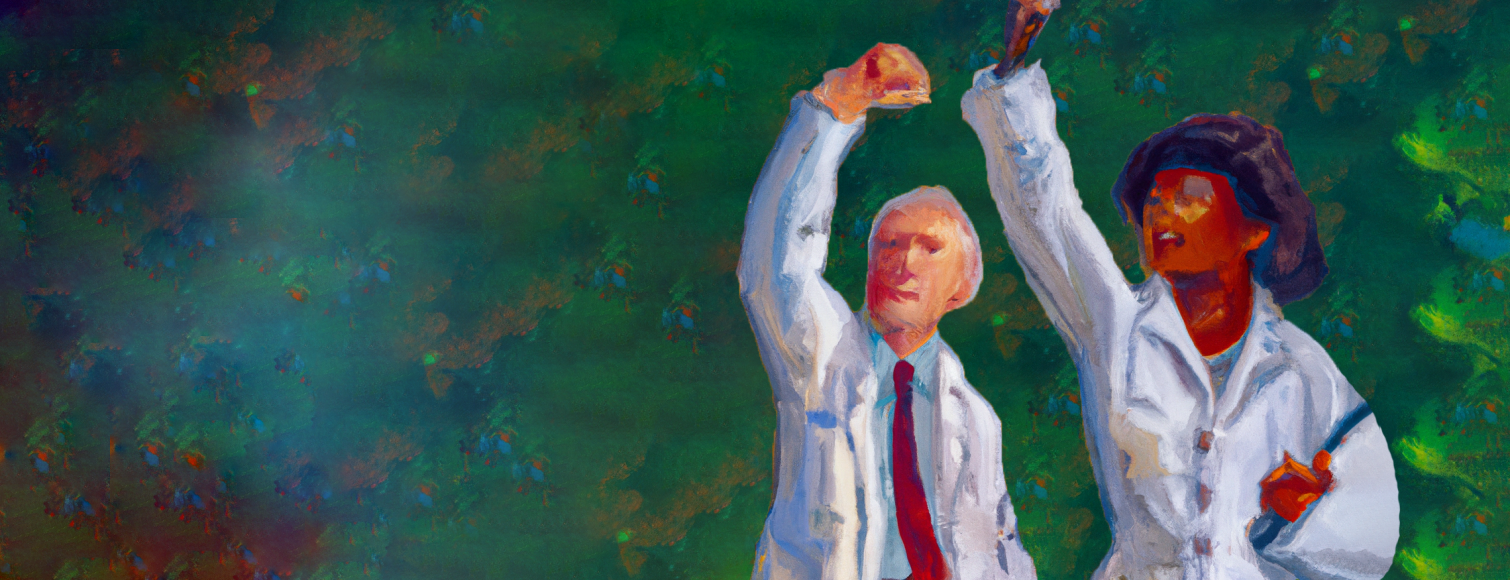
Can scientists be activists? This is a question that is being asked at many universities. Let’s find out where we stand in Delft.
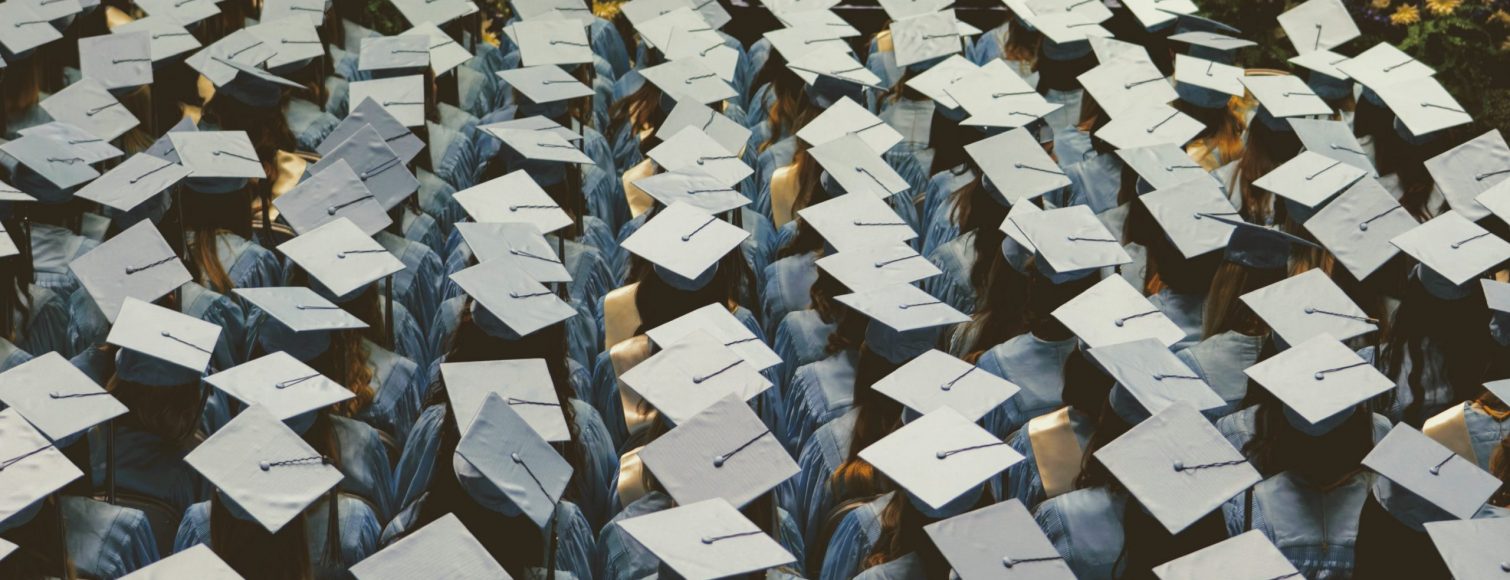
Should a university always cater to the demands from society? How should the university approach its ambitions to grow in the near future?
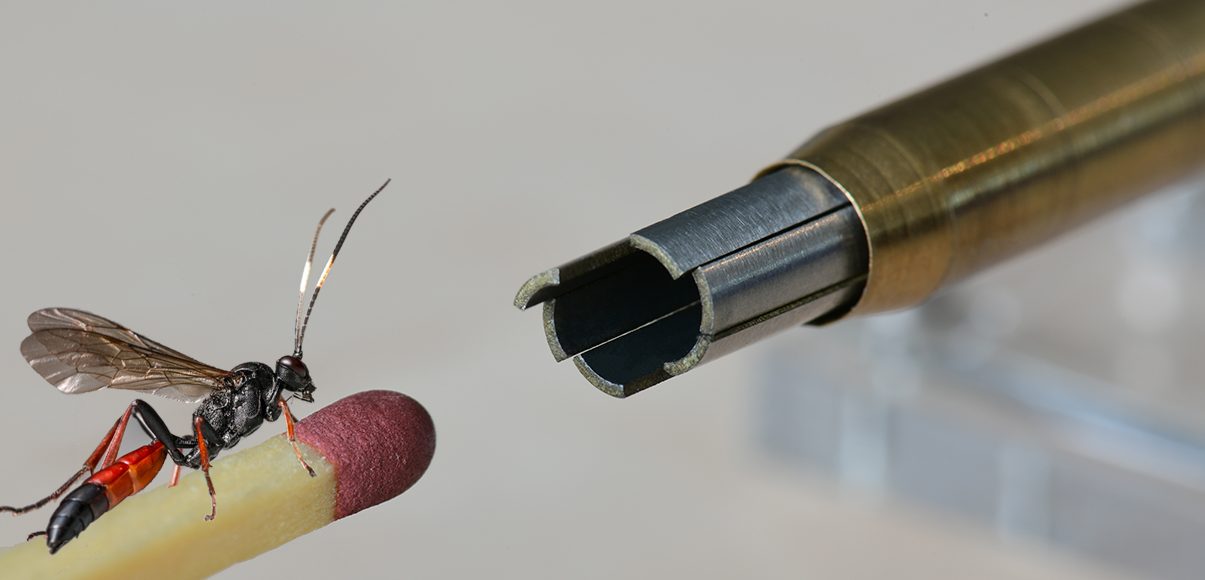
De natuur is altijd een grote inspiratie geweest voor het ontwerpen van objecten en machines, denk bijvoorbeeld aan de eerste flappende vliegtuigen en klittenband dat geïnspireerd is op zaden van planten.
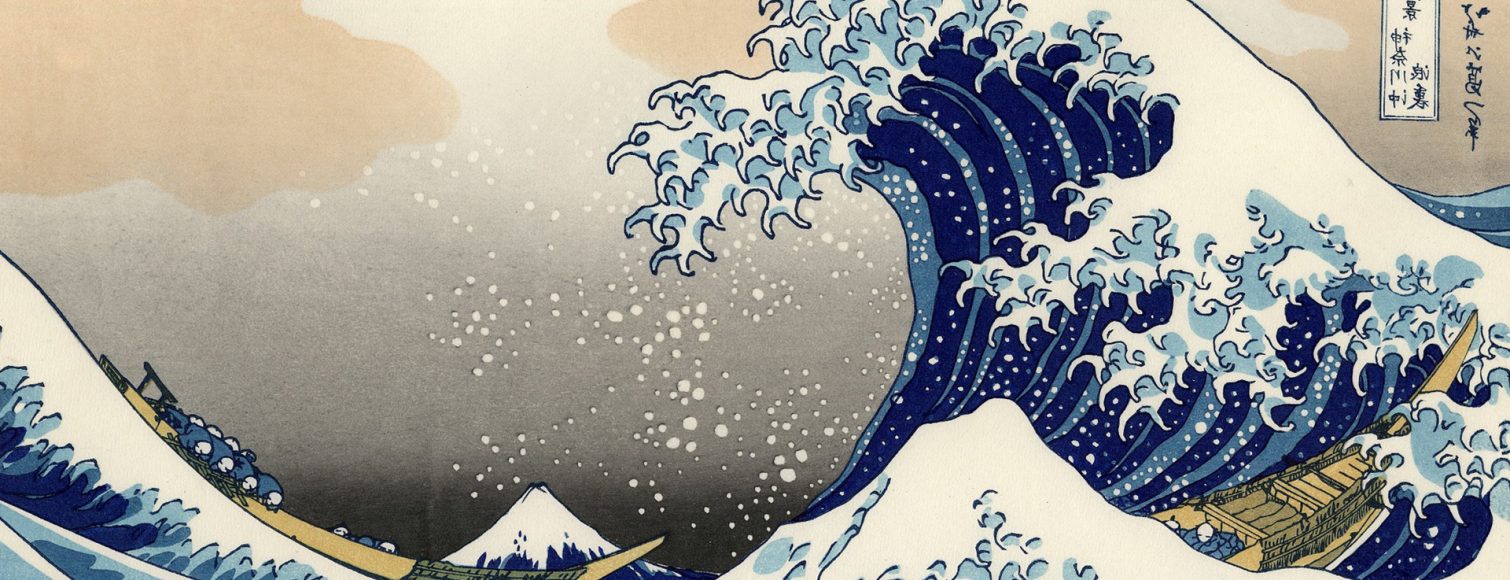
Join your fellow book lovers! This will be the first of three meetings to discuss “Sailor”, during which we’ll introduce the book and distribute free copies to the lucky few.
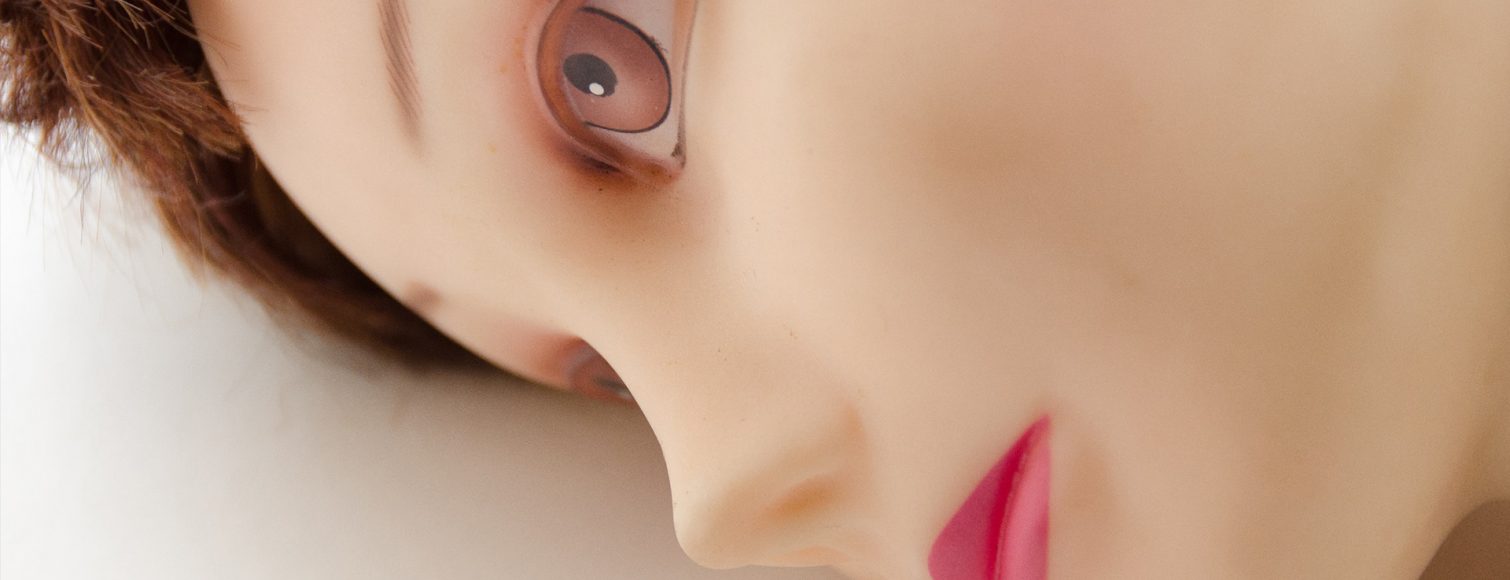
Would you let AI into your heart? Or even into your pants?
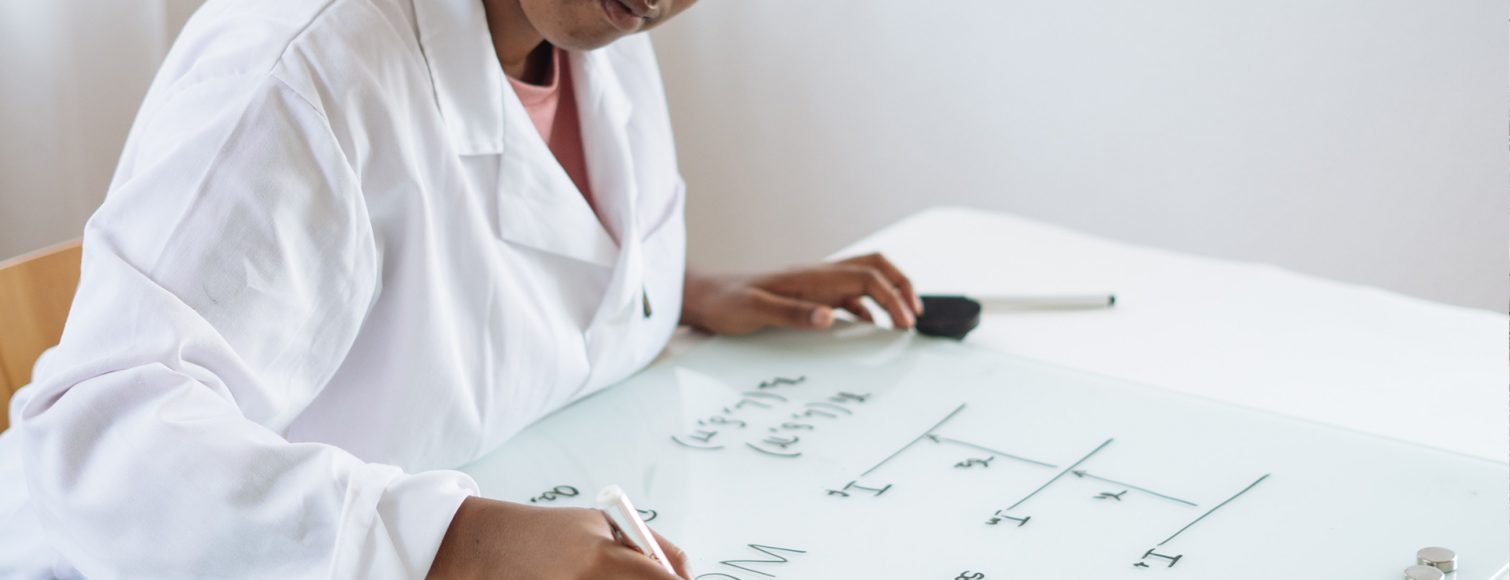
Transform yourself while turning TU Delft research (science theses/dissertations) into sonnets with Bauke Steenhuisen
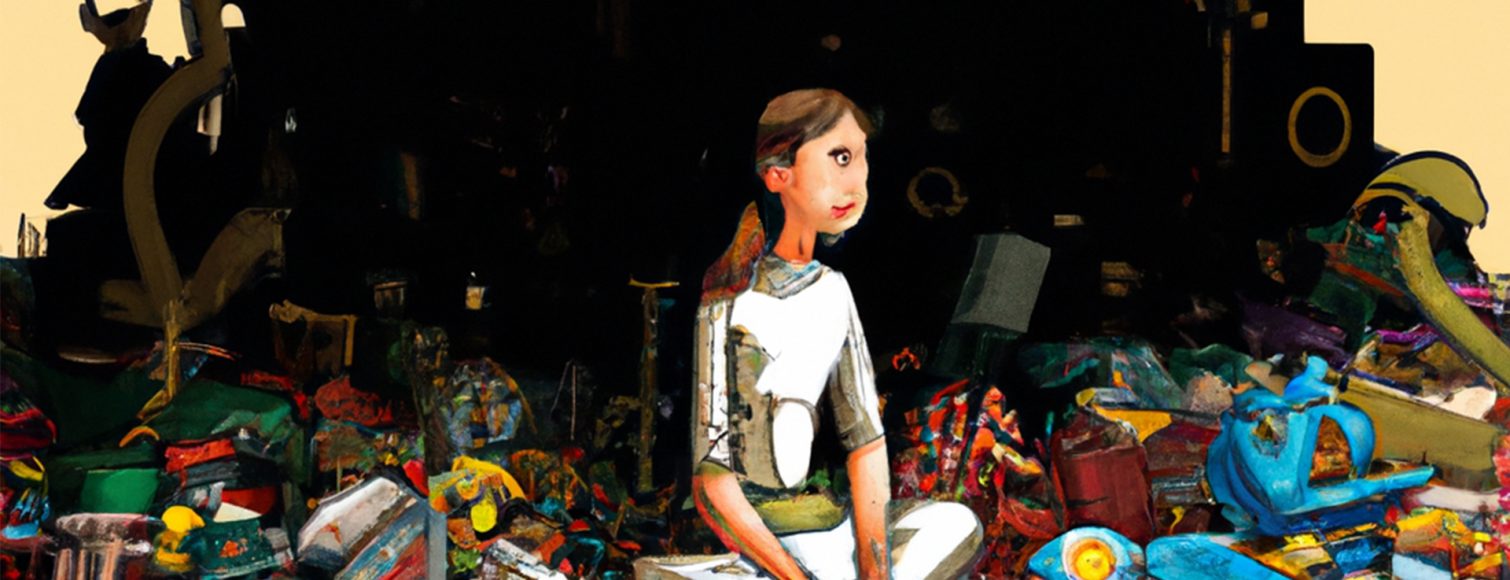
THIS EVENT IS CANCELED
What sacrifices would you be willing to make towards a healthier, greener, more equal future? And what would you never want to do without?
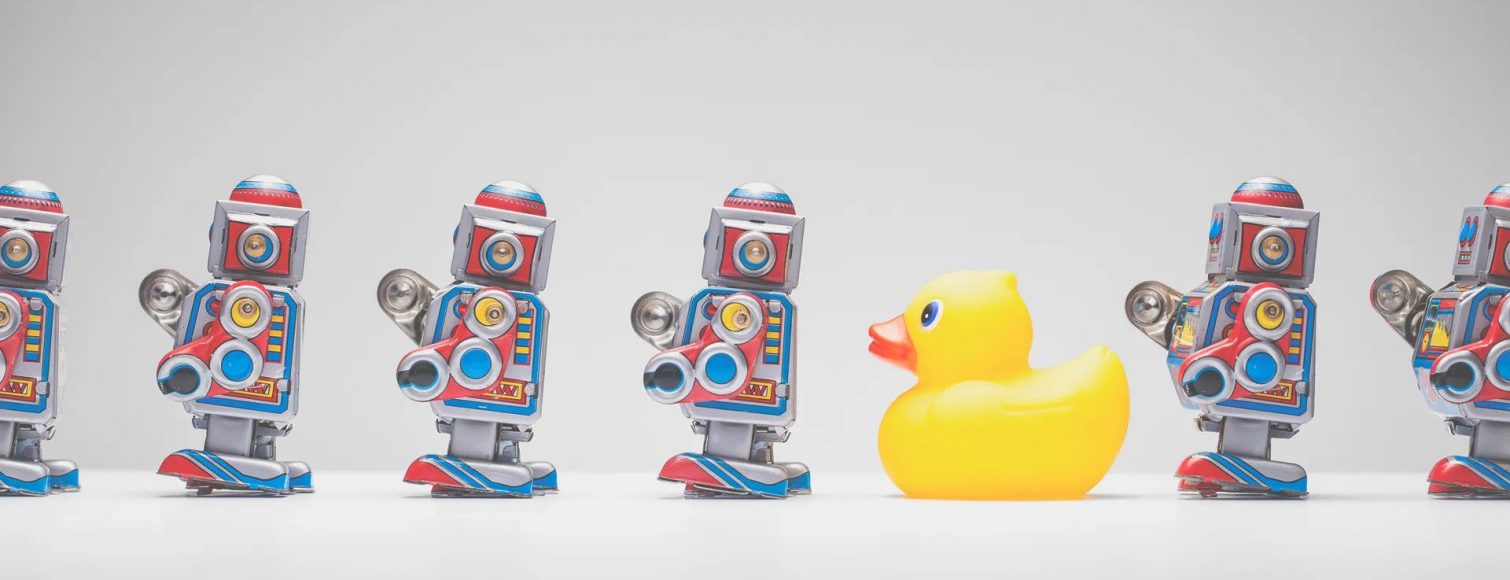
When designing robots or other forms of embodied AI, how do we view the user and account for the full range of human diversity? Join us for an inspiring discussion on inclusive robotics over drinks and pizza!
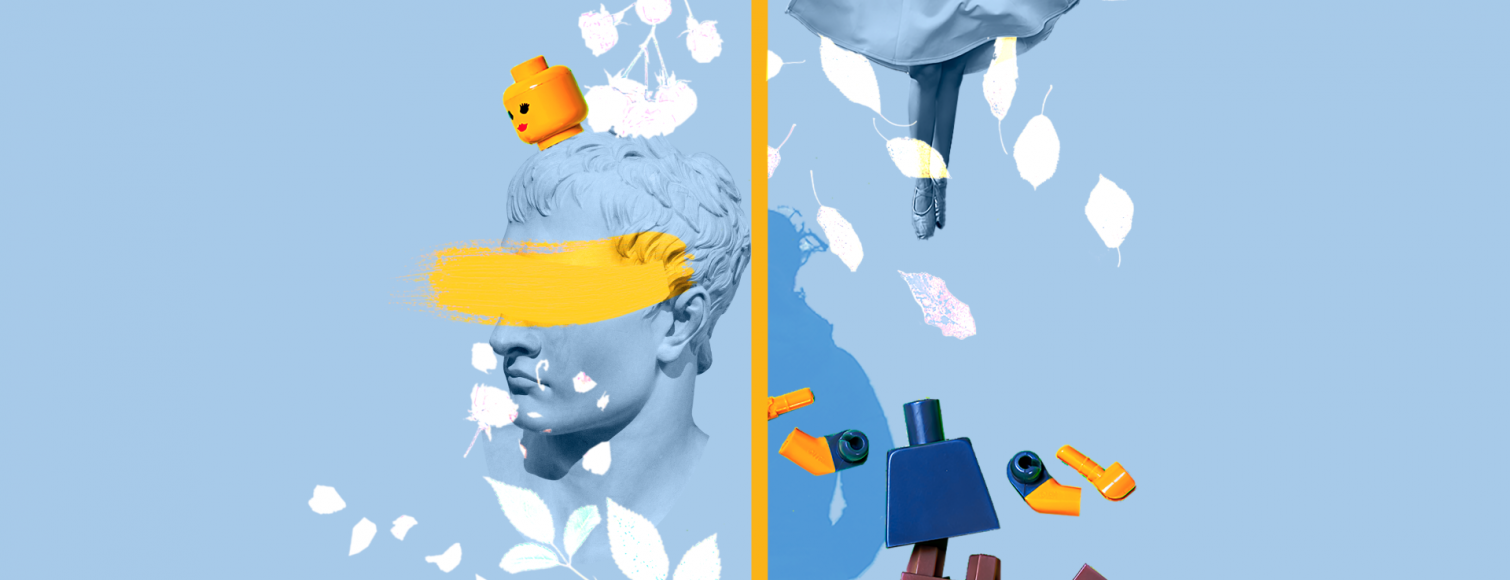
Er zijn van die momenten waarin het alledaagse plots niet meer zo vanzelfsprekend is. In dit Filosofisch Café ontleden we de emotie die we verwondering noemen. Door de ogen van De Danser en De Existentialist. De een werkt vooral met zijn lichaam, de ander met zijn geest. Wat betekent verwondering voor hen? En voor jou?